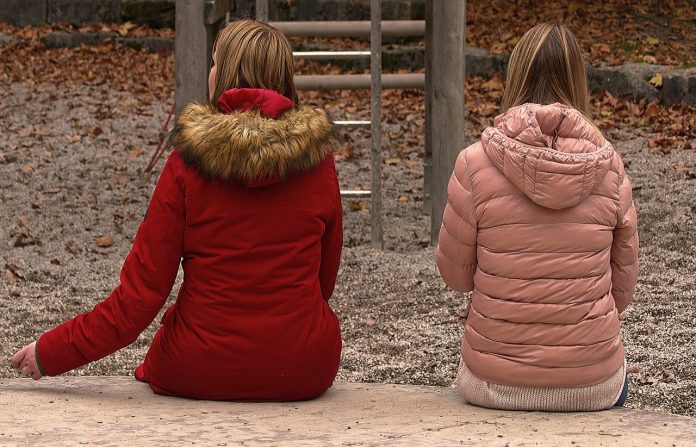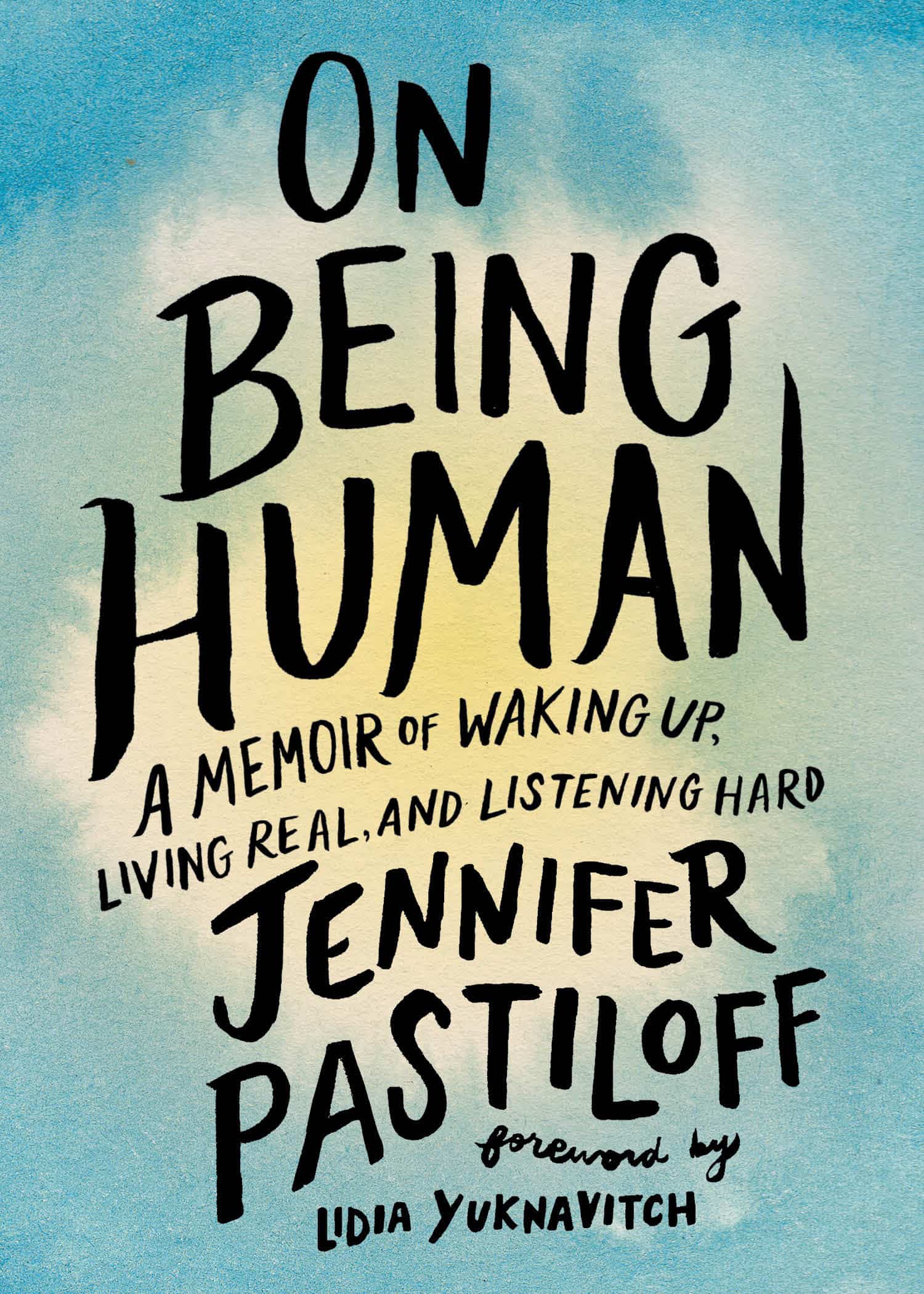By Claire Fitzsimmons
“I need new friends.” That’s what I was thinking as I sat in a café in San Francisco in the middle of the afternoon. I was on my own. Soup and salad. And my two month-old son on my lap.
I expected to feel a lot of things when I had a baby, but not lonely. My childless friends were all at work. My family was all the way in the UK where I’d left them a few years before. It was just my husband, myself and our son, Sam.
I needed mummy friends. But how to do this when my boobs were leaking, I was grumpy from no sleep and I had nothing to say that didn’t begin with my child’s name? I’d tried a couple of things already that clearly weren’t working. I walked through my neighborhood smiling clumsily at new mums. I sat in the playground looking approachable, hoping I’d get picked up. A local playspace had the prospects of a nightclub; tea had replaced vodka tonics and circle time the dance floor. I made eye contact, feigned interest, but it wasn’t happening.
As I was in the United States, this was clearly the moment to be proactive and to join a playgroup, which have become as necessary here to modern parenting as baby yoga, birth announcements and Bugaboos.
I’ve never been on a blind date and I’m not a natural joiner, but I found myself turning up, late (as I always am now), to a playgroup formation convened by my local mother’s group. Faced with a room of 60 women, some with babes in arms and each filled with the bubbling expectancy of new relationships, this was speed-dating, mummy-style.
Our groups had been arranged only according to birth dates: mine on the sole criterion of having a baby born between March and April of my son’s birth year. We exchanged names, our own and our child’s, numbers, and neighborhoods. Then we made plans to meet again. Unlike dating, the bar was quite low, but at least I now had prospects.
For the next few months, as is the etiquette I was to learn, we took turns to meet in someone’s home or playground. We’d watch as each other’s babies started to make noises and to move, to sleep through the night and spit out solids. The babies became a spectacle: I’d comment on how much Zander had grown in a month. Another mum would observe Sam and say, ‘He must be off the charts’. Still terrified of every burp or fart, I needed only this closed world for comfort.
But as I started to pull my life back together, to develop a sense of myself as a mother, our group didn’t have anywhere to go. As our worlds started to expand, our conversations didn’t. It became as reductive, and random, as talking in the cinema. The babymoon was over.
My son wasn’t a fan either. As the mums sat in a circle chatting, Sam crawled away from them, and me. Each week, I would chase him and watch from a distance as the other mums bonded.
Our group fell apart, but I took one person with me, the mum of the other runaway child. I now had one mummy friend but I needed more; my old friends were still not breeding quick enough.
In San Francisco, I discovered there are the entry-level playgroups divided by such things as age, location, number of children, and working status; but also the higher-level groups that meet according to interests beyond the baby, say mountain biking, sexual orientation, or romcoms. Seriously.
Driven by the need for companionship, I tried again, and again. As I didn’t have a car, I humped my stroller and my son around the city on buses to far-flung neighborhoods. We would meet mums and kids in homes I would never visit again, for an hour of female bonding and a glass of wine. I would come home spent and exhausted. Only to repeat the charade the next week. My husband stopped asking how it went.
Before Sam turned a year, I thought I’d found the one, which turned out to be the equivalent of the boy next door: the playgroup for mums in my neighborhood. I’d fixed the transport issue by keeping it local. There were maybe 15 women; the odds were in my favour.
There was some chemistry too; it looked hopeful. We took turns hosting at each other’s houses, which became a party every week, with invites and postmortems, treats and dressing up. For the first time in my life, I was aware of seasons: Easter, Halloween, Valentines – each had its own set of home décor and party favours. Americans can celebrate, anything, and we did. Playgroup replaced my old social life. I struggled to get to a bar on a Saturday night, but I could make Sauvignon Blanc at 2pm on a Thursday afternoon.
It was these women that got me through the difficult and lonely struggles of early motherhood. We shared stories and confided in one another, knowledge that my own mother would have passed on had she been here. For me, motherhood became an information sharing exercise, which swimming class, how to keep careers, when to start preschool. But it has also become its own community; playgroups having replaced the support, which our own extended families and neighbors would once have provided.
As with everything in the baby years, sadly, it was not to last. Urban playgroups have a built-in obsolescence. In a city like San Francisco, parents are transient—those first few years are about figuring out careers, homes and where to build a family. People left. The drift away started, to the suburbs, or back to family homes. Those friends that I had made returned to New York or Madrid, or fled out of the city for the promise of backyards and better education. As we got smaller, the group dynamic shifted, and then shifted again.
When it was my turn to host playgroup, I was worried that the others mums might be scornful of our own little one-bed apartment. So I dreamt up what I thought was a foolproof plan: playgroup at the beach. Only I chose the hottest day of the year, on a beach that had no shade. I bought macaroons and prosecco, mash-ups and goldfish, and carted them down to the beach with sand toys, blankets and towels.
I sat with Sam on the beach as the text messages came in: ‘it’s too hot’, ‘Addison overslept’, ‘too tired’, ‘too far’. No one showed up. I carted everything home, including my toddler, and I cried.
Playgroup can have the excitement and glamour of Sex and the City, but it can also have the same high-school power play of Mean Girls. These weekly sessions started to feel like the worst aspects of a sorority: cliquey and gossipy. I was 36 and thinking about my popularity again. What had gone wrong?
Over a drink with a non-parent friend, I mentioned, rather embarrassed, this thing that I do every week: playgroup. He asked me what I got out of it. I hesitated a moment, then I said—“Nothing. Not any more.” It was time to break up with playgroup.
I’m afraid I did it over email. Something like—it’s been wonderful, but my work schedule is too much right now. But like a good divorce, I didn’t leave empty-handed. I left with friends whom I now see each week; I don’t need the structure of playgroup to justify our relationship. Our children might have connected us at first, but now it’s more about a love of baked goods, art galleries or The Hunger Games.
Playgroup is as much about mirroring friendships to our children as it is about forming them. The narrative of relationships is that some develop, and some end. Even in motherhood, we get to choose, who we share our lives with. And whom we don’t.
Jen’s book ON BEING HUMAN is available for pre-order here.


